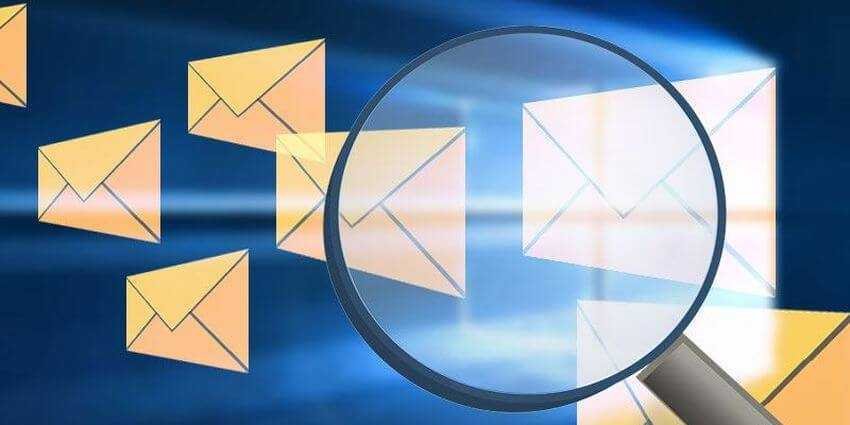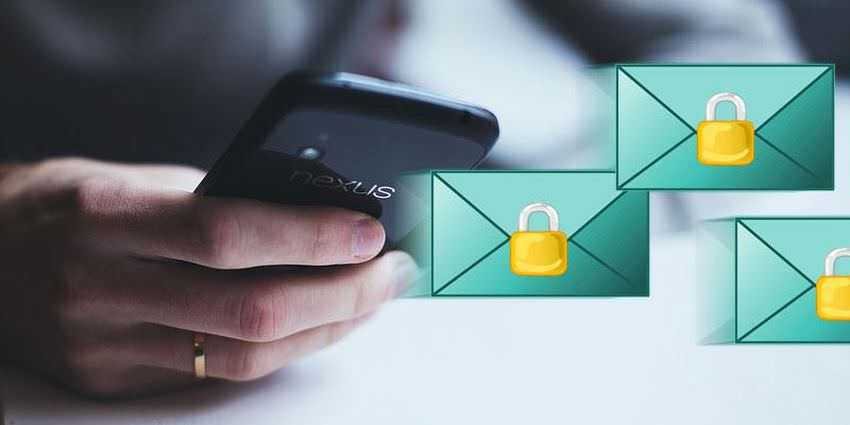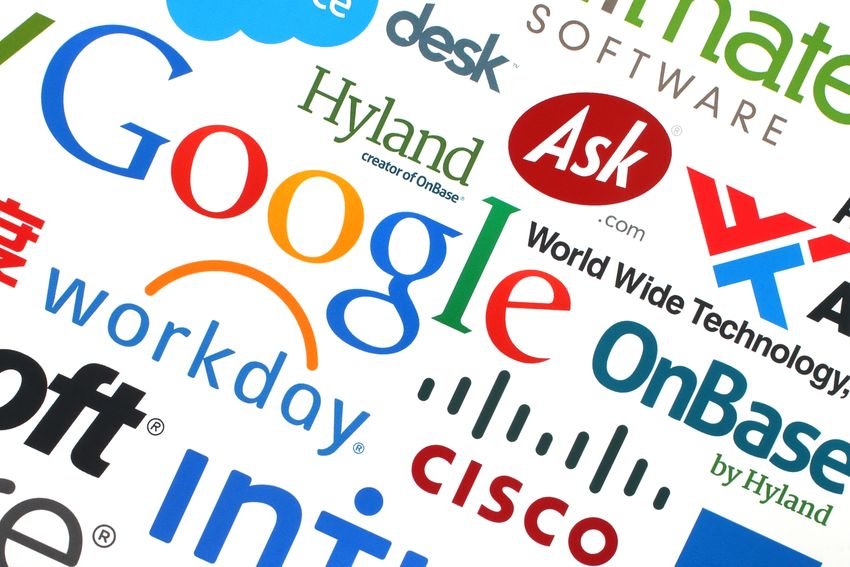Most users have one address Gmail for their conversations, knowing that Google is tracking them. But is it really worth switching providers and going to a lesser-known service that uses strong encryption?

It is practically impossible to use a computer or smartphone without an email account. Most users have a few free emails that they use for various purposes. From registering on social media sites and registering on various sites to communicating with friends and colleagues.
But the main providers of free e post officey such as Gmail, Outlook and Yahoo do not have significant security features. Instead, they are designed to track not only what you say, but also who you really are.
And this is where encrypted email services come in. Are they really worth ditching the ease of use of the major providers and using one of these?
Yes, it really is worth it. Let's see the reasons, which you may already know but don't want to accept.
Privacy of your personality

When you sign up for an email account with a company like Microsoft, Yahoo, or Google, you're asked to provide your first name, last name, location, and phone number. But even if you find a way around their questions by giving false information, your phone will need to be verified via a code and you can't avoid it.
Whatever you do these Companies they will still follow you. And they will track you in an incredibly invasive way, collecting information about your device and operating system, location, age, gender, shopping habits, interests, marital status, income, and more.
They will combine all the information they have from you across all platforms. Google will track your emails, your Android phone, your Google drive, your searches on Google search, where you want to go from Google maps. Do you think that all of these are not collected in one common database?
Microsoft will see your Outlook email, what you do with Windows, what you search on Bing, etc.
To their credit, Microsoft, Google, Yahoo and other companies technology they give you enough information upfront about what they do (feel free to read their privacy policies and see for yourself).
While it's true that you can turn off some tracking through settings menus and such, your data will still be collected and potentially shared with advertisers, each country's Government (when required) and other third parties. This is not the case with encrypted email providers.
Read: Since I have nothing to hide, why should I care about privacy?
Encrypted email services are designed in a way that enhances users' privacy rather than violating it. Secure email providers neither collect nor share significant amounts of user data.
They support end-to-end encryption and have many privacy protections that make it almost impossible for anyone to see your emails or track you in any way.
Better security

There is a general impression that large companies with huge budgets have the strongest security, which is incorrect. In fact, because tech giants are a bigger lure for hackers and because they have more attack surfaces than smaller companies, they are more vulnerable to all kinds of cyber threats.
Encrypted email providers, on the other hand, are inherently more secure. Not only because they are run by relatively small teams, but because their platforms are built with security in mind. For starters, most use zero-access encryption, which means no one but the user has access to sensitive information.
Gmail, and similar services, have features like two-factor authentication and usually require users to set complex passwords.
This is certainly commendable, but encrypted email providers use secure remote password mechanisms and use the strongest encryption algorithms available today.
In other words, even in the unlikely event of a breach, your personal information will not be accessible to hackers if you use a good encrypted email provider. With a regular one, there's always a chance that your personal data will end up somewhere on the dark web.
Protection from government surveillance

No serious whistleblower, activist, dissident or researcher uses Gmail or Yahoo to share sensitive information, at least not if there is a risk of government surveillance.
Google, for example, it clearly states on its official website that it reserves the right to comply with government requests and to hand over user information. Other tech companies aren't any better, with a few notable exceptions.
Encrypted email providers are just the opposite. Obviously, it's always a good idea to scan a company's privacy policy and terms of service before using their products, but most encrypted email services have a strict policy of not complying with government requests. For the most part, they are based outside the United States, in countries with stricter privacy laws.
For example, ProtonMail is based in Switzerland, which has some of the strictest privacy laws on the planet (although he didn't tell us well two years ago). Tutanota's servers are based in Germany, while Mailfence is based in Belgium, another European country with strong privacy protections. Disroot, meanwhile, is based in the Netherlands, while Posteo is also based in Germany.
This is not to say that European governments are not interested in tracking their citizens. They do but they don't have as much room to maneuver as, say, the FBI or the US DHS (Department of Homeland Security). For example, The Intercept revealed in 2022 that DHS has worked hard over the years to police and control the flow of information on Twitter.
To be fair, we will also express the opinion of the skeptics where they claim that the big companies are monitoring us but we know where they share their data. In small companies we don't know who is really hiding behind them and what it can bring in the future.
For example we know that Chrome operated by Alphabet Inc. probably gives its data to the US Government but not to Brave and if the managing company Brave Software Inc. does it work with any others and if so, with whom? Or if he has the organization to defend against hacking.
The dilemma is funny when your data is important and should not be seen by a third eye. You will never be completely sure but with small companies you will have a head start on privacy.
Dependence on big companies

Big tech companies' business models rely heavily on collecting user data. They are accountable to the US government and are often pressured by it to share information about their customers. Furthermore, it has been proven time and time again that their products are neither secure nor private. And if that's not reason enough to avoid them, there's good evidence that they've monopolized many markets in the tech sector.
If you care about your online privacy and cybersecurity in any capacity, you should try to stay away from big tech and support smaller companies whose business strategies involve more than monetizing user data and destruction of competition through market monopolization and other unfair practices.
And even if you couldn't care less about the state of the tech industry and just want to use a reliable email service, the mainstream providers don't offer anything that encrypted email providers don't. If anything, their products are inferior, accompanied by constant attacks and discoveries of security holes and privacy-infringing features.
Switch to an encrypted email service
When faced with a choice between using a regular or an encrypted email provider, there is no real dilemma. Secure, encrypted email services offer what the major providers don't, however, that doesn't mean everything is perfect.
There is no system that cannot be hacked or software product that does not have flaws. And precisely because their business models are not based on collecting user data, most encrypted email services offer only limited features for free. But they remain a far superior option to the mainstream providers, which is why you should consider making the switch after all.
If you still insist on sticking with the major providers because they give you everything for free, try encrypting your emails with some third-party software such as Mailvelope or FlowCrypt.



